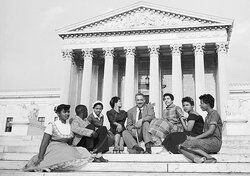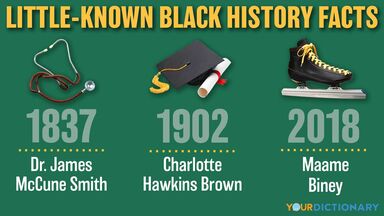Together with Szilagyi, the Minister of Justice, Csaky was one of the most decided champions of obligatory civil marriage and of the rights of the Jews.
But he protested energetically against tlae loss of the pope's temporal power in 1870, against the confiscation of the property of the religious orders, and against the law of civil marriage established by the Italian government, and he refused to welcome Victor Emmanuel in his diocese.
At the head of a strong government he was enabled, in spite of a powerful opposition of Catholics and Magnates, to carry in 1894 the Civil Marriage Bill.
The Obligatory Civil Marriage Bill, the State Registries Bill and the Religion of Children of Mixed Marriages Bill, were finally adopted on the 21st of June 1894, after fierce debates and a ministerial interregnum of ten days (June 10-20); but on the 25th of December, Wekerle, who no longer possessed the king's confidence,' resigned a second time, and was succeeded by Baron Dersb (Desiderius) Banffy.
In 1869 the introduction of civil marriage did not tend to allay the strife, which reached its climax after the proclamation of the dogma of papal infallibility in 1870.





